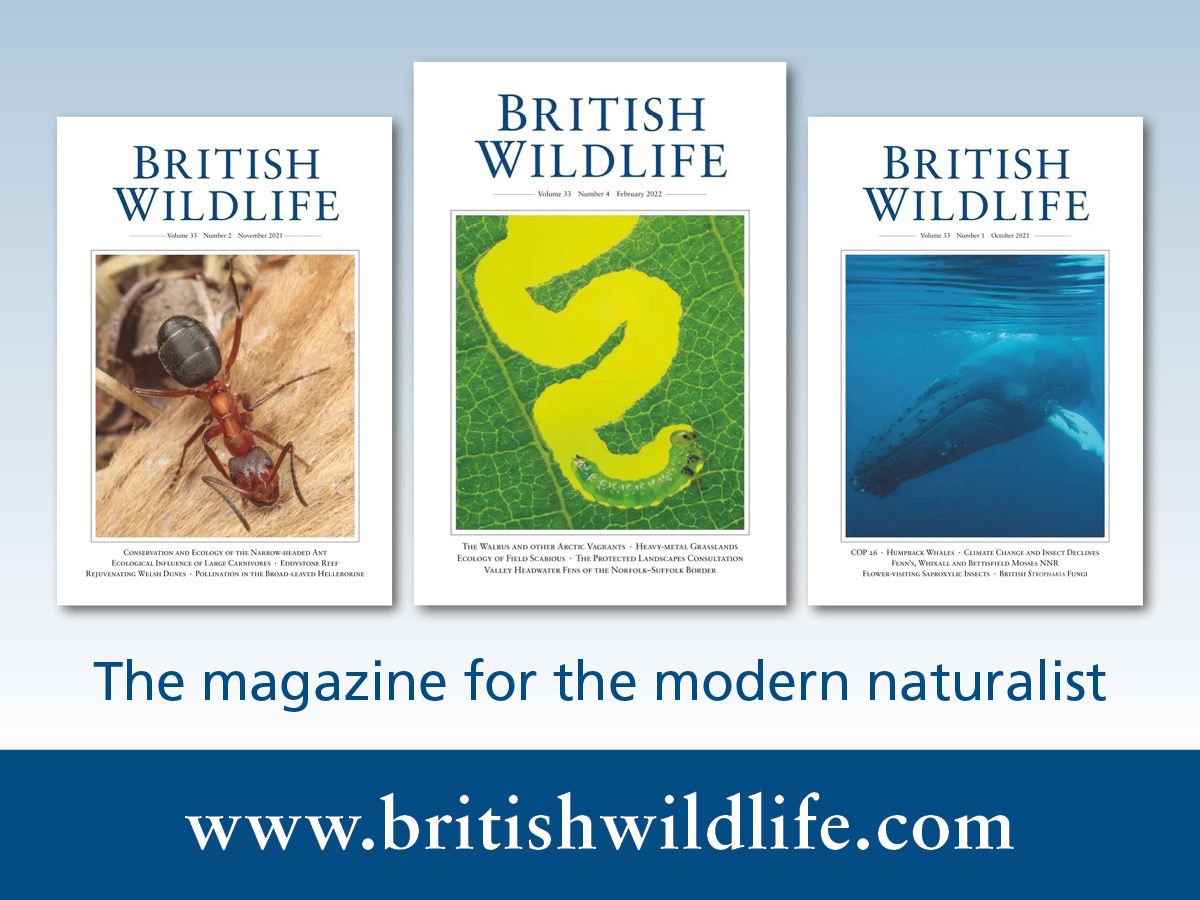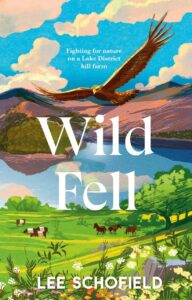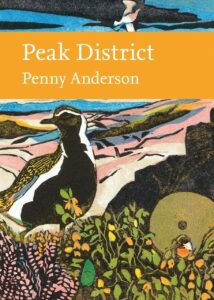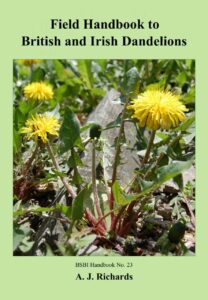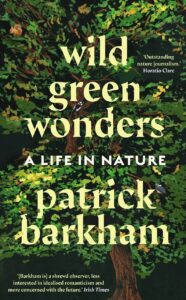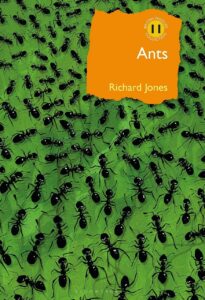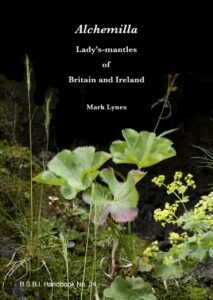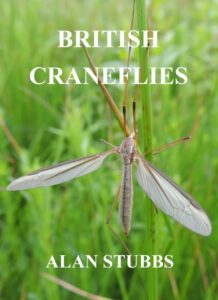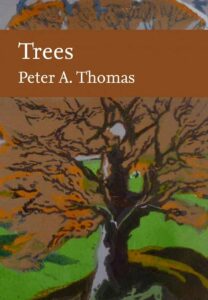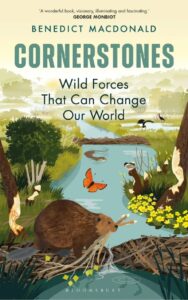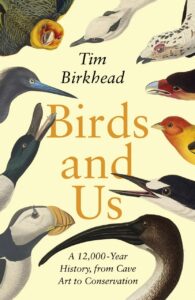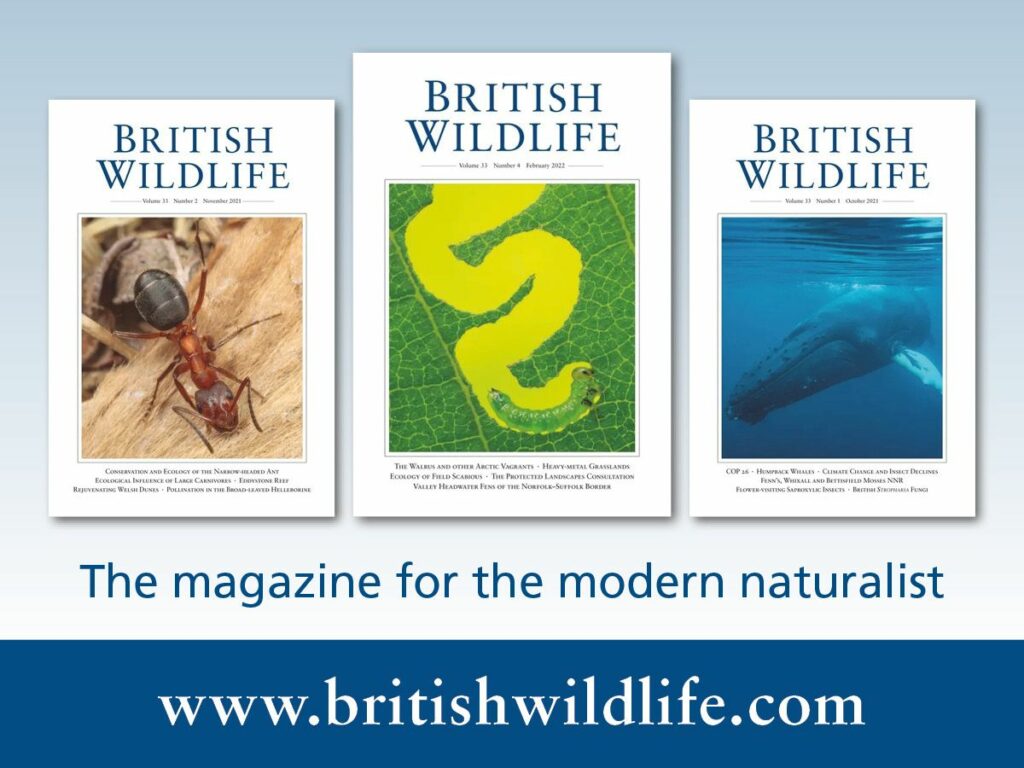British Wildlife has featured book reviews since the very first magazine back in 1989, and every review included in issues since 2018 is available to read on the British Wildlife website. These reviews provide in-depth critiques of the most important new titles in natural history publishing, from nature-writing bestsellers to technical identification handbooks. They are all authored by experts in relevant subjects, ensuring an honest and insightful appraisal of each book featured. Here is a list of the book reviews included in recent issues of British Wildlife, all with links to take you directly to the full review.
1. Silent Earth: Averting the Insect Apocalypse by Dave Goulson
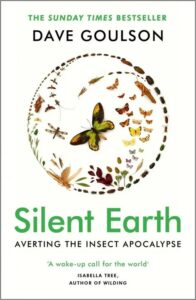 “This reader found the book literate, persuasive, sympathetic, and based both on sound science and on a willingness to grapple with the realities. Goulson is the best ambassador for small life that we have.”
“This reader found the book literate, persuasive, sympathetic, and based both on sound science and on a willingness to grapple with the realities. Goulson is the best ambassador for small life that we have.”
– Peter Marren, BW 33.3 December 2021. Read the review here
2. Slime: A Natural History by Susanne Wedlich
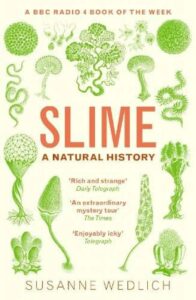 “To say that this is a fascinating story of a neglected subject does not really do justice to it. It is a well-researched and surprisingly genial encounter with this oozy, sticky world, written with a journalist’s sharp eye for a good story.”
“To say that this is a fascinating story of a neglected subject does not really do justice to it. It is a well-researched and surprisingly genial encounter with this oozy, sticky world, written with a journalist’s sharp eye for a good story.”
– Peter Marren, BW 33.4 February 2022. Read the review here
3. Wild Fell: Fighting for Nature on a Lake District Farm by Lee Schofield
“Wild Fell is an exhilarating tour of Lee’s patch, with side excursions to Scotland and Norway and the Italian Alps for insights into the abundance which nature is bursting to give us. His writing, like the extinct, extant and envisioned landscapes he describes, is studded with moments of immense beauty – you can almost smell rock and moss and nectar, hear butterflies and grasshoppers flit and whirr, feel the shadow of a great wing passing between you and the sun.”
– Amy-Jane Beer, BW 33.4 February 2022. Read the review here
4. Peak District by Penny Anderson
“Readers of the book in the future may know, and in the penultimate sentence they are posed a question about the region: ‘Is it still highly distinctive and special?’ We cannot know their answer, but we can be sure that they will learn a great deal about the Peak District, and probably much about us and what we think about the area today. They will certainly have a good book in their hands.”
– Anthony Robinson, BW 33.5 April 2022. Read the review here
5. Field Handbook to British and Irish Dandelions by A. John Richards
“This new BSBI handbook is quite something. The modern miracle of colour printing allows every dandelion species to be reproduced in colour, and with up to five images per page, and at an affordable price.”
– Peter Marren, BW 33.5 April 2022. Read the review here
6. Wild Green Wonders: A Life in Nature by Patrick Barkham
“As British Wildlife readers know, Barkham dispenses with literary glitter to get to the heart of an issue, straightforwardly, sometimes understatedly, even modestly, but with an infectious charm and, I think, an innate generosity. I like his writing very much. It informs, it reads well, it takes you to unexpected places, and leaves you thinking afterwards. This is good journalism.”
– Peter Marren, BW 33.6 May 2022. Read the review here
7. Ants: The Ultimate Social Insects by Richard Jones
“Seasoned myrmecologists will probably want this review to answer one fundamental query: ‘I’ve got “Donisthorpe”, do I really need another book on ants?’ The answer is, in my opinion, a resounding ‘Yes!’”
– Adrian Knowles, BW 33.6 May 2022. Read the review here
8. After They’re Gone: Extinctions Past, Present and Future by Peter Marren
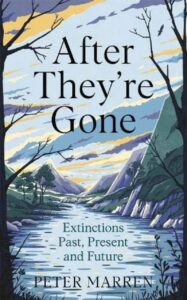 “After They’re Gone reminds us that environmental change is constant, and sometimes dramatic enough to wipe out millions of species.”
“After They’re Gone reminds us that environmental change is constant, and sometimes dramatic enough to wipe out millions of species.”
– Laurence Rose, BW 33.6 May 2022. Read the review here
9. Alchemilla: Lady’s-mantles of Britain and Ireland by Mark Lynes
“The author leaves us in no doubt that he is captivated by these plants, and he pays tribute to his predecessors, Max Walters and Margaret Bradshaw, who sorted out British Alchemilla taxa for the first time.”
– Peter Marren, BW 33.7 June 2022. Read the review here
10. British Craneflies by Alan Stubbs
“I would strongly recommend this book (and the others in the series) to anybody wishing to broaden his or her natural-history interests and keen to gain new and exciting perspectives on the sites, habitats and landscapes which they visit.”
– Steven Falk, BW 33.7 June 2022. Read the review here
11. Trees by Peter Thomas
“But it is an excellent and comprehensive book, and highly recommended for all those professionally involved in trees, concerned about trees, or wishing simply to understand more about trees. It will certainly keep me supplied with a sufficient understanding of them for the next 40 years.”
– Jonathan Spencer, BW 33.8 August 2022. Read the review here
12. Cornerstones: Wild Forces That Can Change Our World by Benedict Macdonald
“Benedict Macdonald, author of the eye-opening and influential Rebirding (see BW 31: 154), is passionate about restoring wildlife at scale by allowing natural processes a freer hand; first and foremost, then, his new book is aimed at building support for this approach to conservation.”
– Ian Carter, BW 33.8 August 2022. Read the review here
13. Birds and Us: A 12,000 Year History, from Cave Art to Conservation by Tim Birkhead
“This is modern science at its best and liveliest. It is also a gem of cultural history that could have been written only by someone who is personally immersed in the world of birds. You come away with a renewed sense that birds are wonderful, not least in the way they capture the human heart as well as the head.”
– Peter Marren, BW 33.8 August 2022. Read the review here
Since its launch in 1989, British Wildlife has established its position as the leading natural history magazine in the UK, providing essential reading for both enthusiasts and professional naturalists and wildlife conservationists. Individual back issues of the magazine are available to purchase through the NHBS website, while annual subscriptions start from just £40 – you can subscribe online or by phone (01803 467166). Visit www.britishwildlife.com for more information.

